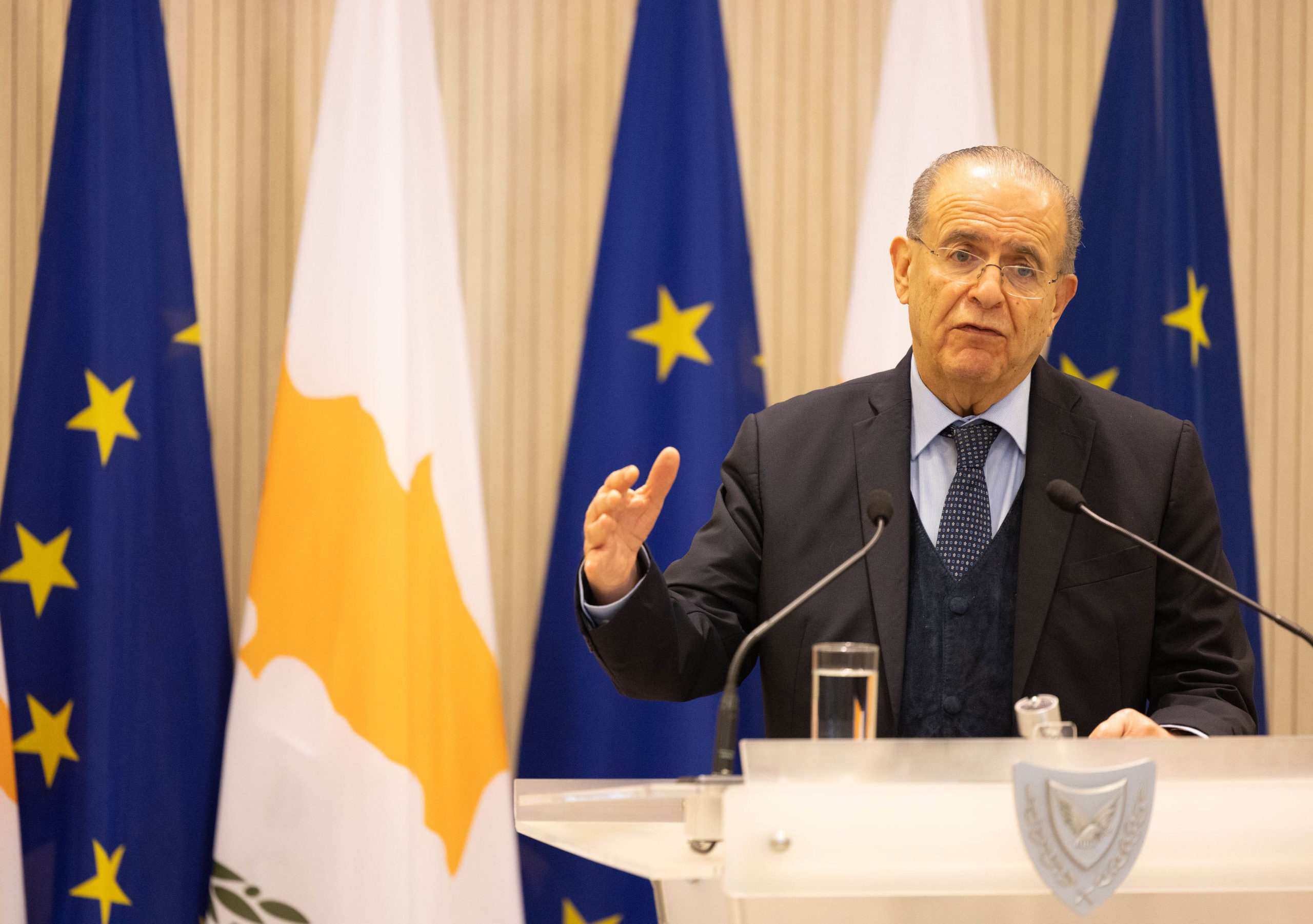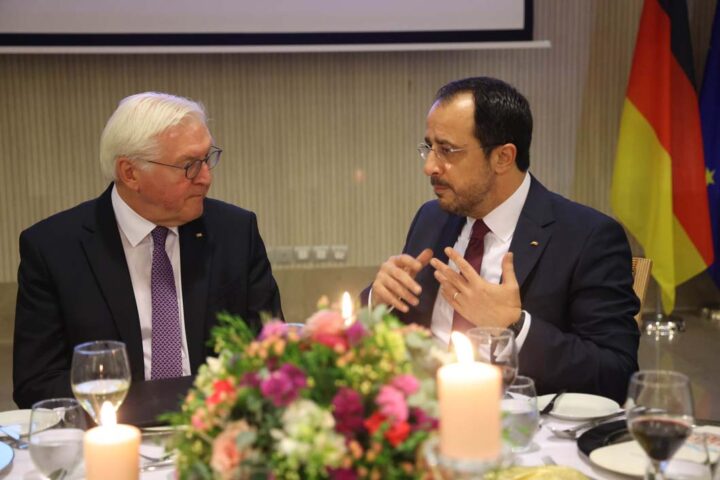When Ioannis Kasoulides took the helm at the Foreign Ministry this week, one got a sense of assurance that Cyprus foreign policy would stay on track and in line with the rest of the European Union.
Unlike any other member state, Cyprus has a unique territorial and division issue.
With the northern neighbour bullying other states in the region over resources, pushing for naval dominance and blackmailing Brussels into securing more funds, it needs to display solidarity towards the other 26 EU partners to earn solidarity on the Cyprus problem.
Dr Kasoulides is not a miracle maker.
However, he has an unblemished track record and transmits a warm feeling of trust, which Cyprus desperately needs, as it has lost more friends in recent years than gained new ones.
Foreign policy does not change, as diplomacy is Cyprus’ only weapon in its arsenal.
And as any army general will tell you, a military conflict is not the solution to any problem, but it helps enhance your position politically and diplomatically.
Cyprus gambled in the energy game, and without a strong army or navy to defend its resources, failed miserably.
The US State Department is now telling regional players to abandon the EastMed natural gas pipeline, as it is too much of a headache to handle with so much going on in the region.
Kasoulides rightly said that foreign policy does not change with the change of guard at the diplomatic service.
At least, not until the Cyprus problem is resolved.
But the list of actions and priorities can be reshuffled.
In his third stint as Foreign Minister, Kasoulides wants to re-establish relations at home with all key players in the international fora well represented on the island.
He also said that we need to “give greater importance within the EU for solidarity, and the others to us and from us to the EU and the member states.”
The EU’s biggest problem at the moment is not Erdogan, as many European leaders have said that with or without the despot in Ankara, Turkey is still needed.
The primary concern is energy.
Russia
To deflect matters away from human rights abuses and its conflict with Ukraine over Crimea, Moscow is trying to reassert its influence over Europe by making itself indispensable on natural gas supply, the continent so desperately needs.
Russia’s meddling in regional issues and stoking Turkey to become a troublemaker within the ranks of NATO has left many westerners wondering whether Ankara is a reliable partner after all.
And Erdogan will continue to taunt Europeans on issues he knows he will never be counter-challenged.
With the EastMed pipeline now almost dead and buried, Cyprus, too, needs to make itself indispensable, with the only issue remaining being energy.
European partners need to realise that fast-tracking the twin electricity links of EuroAsia and EuroAfrica, even increasing their capacities, is the safest and cleanest way to ensure the security of supply.
Furthermore, Cyprus does not have the capacity to become a regional energy player.
So, it should become a facilitator, offering its energy resources for neighbours to burn, convert to electricity, and combined with clean sources from vast solar parks on the island, provide Europe with an alternative, so it can safely and gradually disengage from Russia’s energy domination.
Other regional issues are also important, perhaps not considered too serious by the EU’s diplomatic team, chief among them being health, water, and stability.
Without a stable region, the refugee crisis will continue to hamper economic and political issues.
Kasoulides has proven to be the negotiator the EU never had.
Perhaps, it’s about time for Cyprus to be at the forefront of EU foreign policy and not a back-seat passenger.










